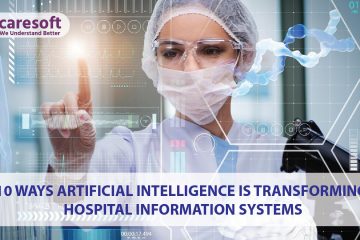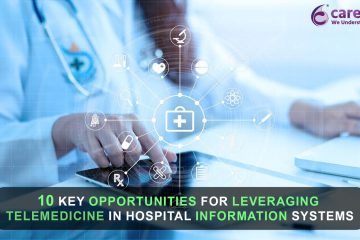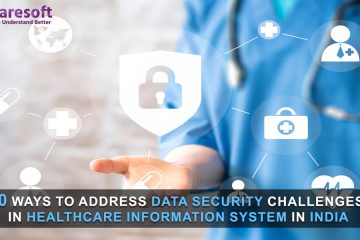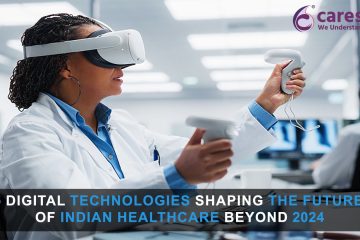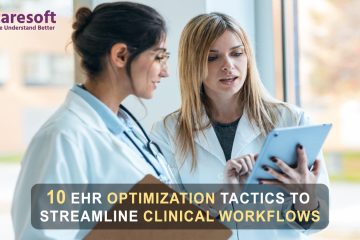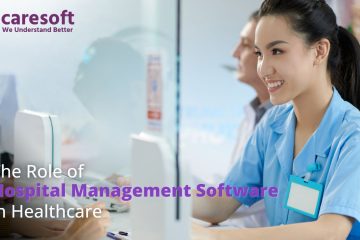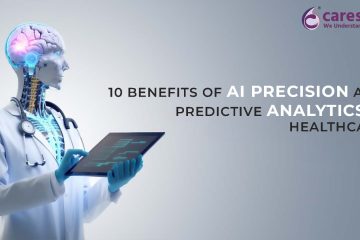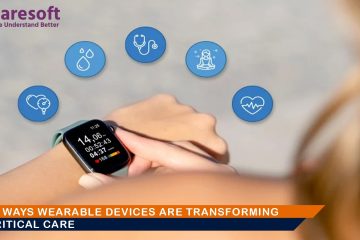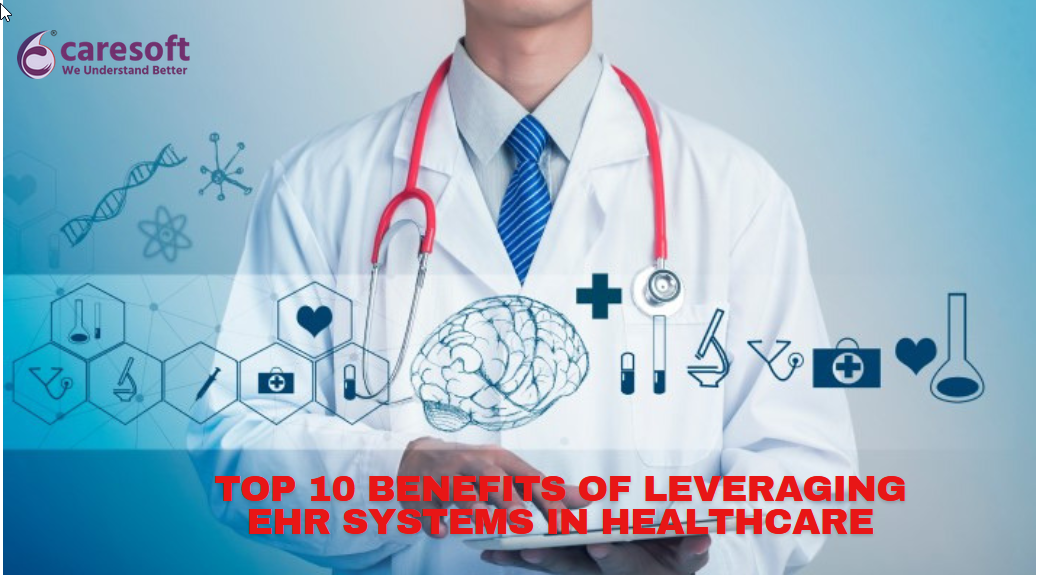Uncategorized
10 ways Artificial intelligence is transforming hospital information systems
Artificial Intelligence (AI) is reshaping hospital information systems (HIS) by enhancing data management, predictive analytics, clinical decision support, and patient engagement. With AI-powered tools, HIS can improve operational efficiency, clinical outcomes, and patient experiences, driving innovation and advancement in healthcare delivery. Artificial Intelligence (AI) is revolutionizing hospital information systems (HIS) by enhancing efficiency, accuracy, and patient care. In today’s healthcare landscape, HIS must manage vast amounts of data while ensuring seamless workflows and optimal patient Read more…
